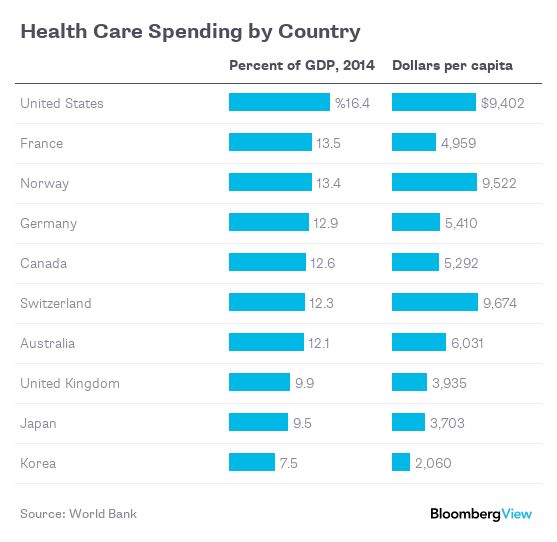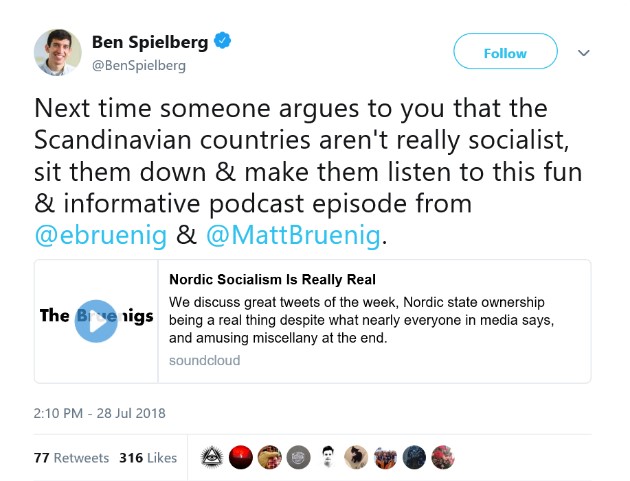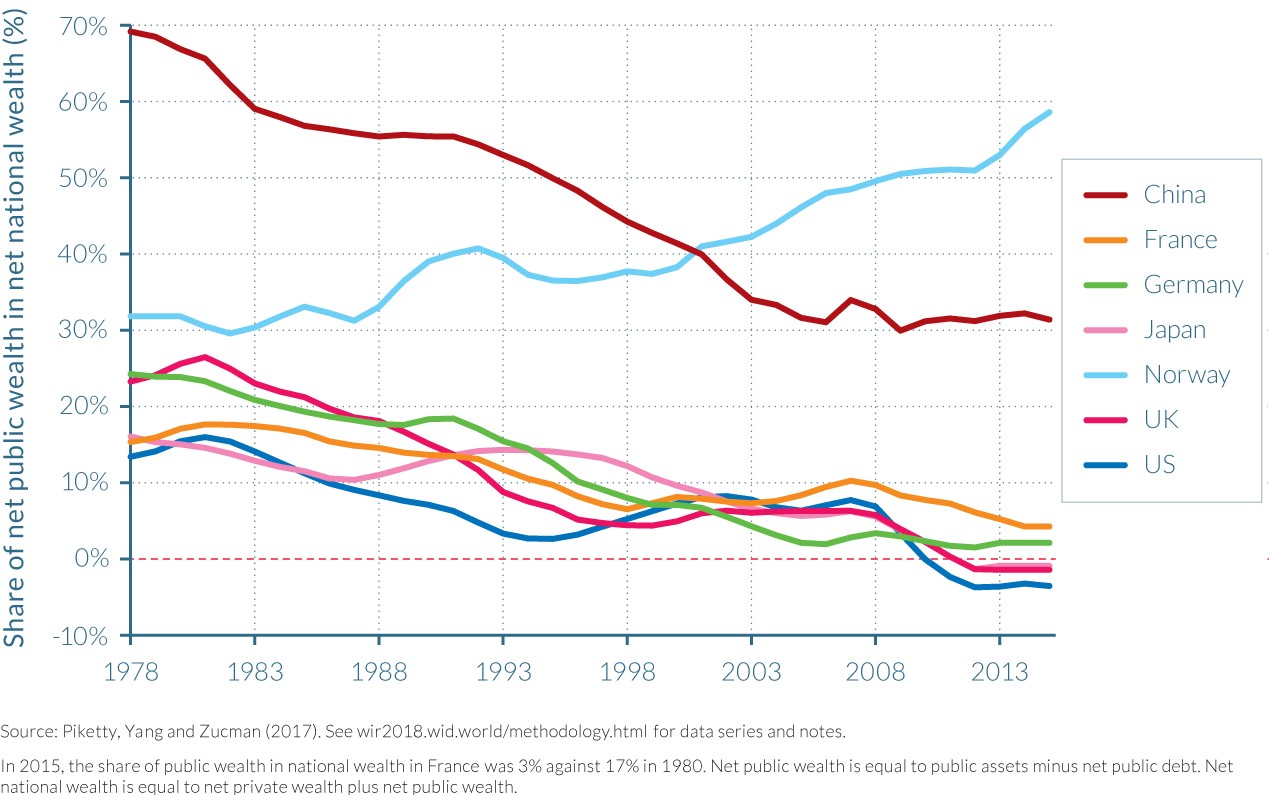ogc163
Superstar

The pundit class was surprised last week by a stunning electoral upset, when 28-year-old Alexandria Ocasio-Cortez defeated a 10-term incumbent in a Democratic House primary in New York City. That in itself would be a shock, but Ocasio-Cortez’s political affiliation is even more stunning — she’s a self-described socialist. The former Bernie Sanders campaign organizer — who will almost certainly win the general election in her heavily Democratic district this fall — is a member of the Democratic Socialists of America, whose membership jumped after Ocasio-Cortez’s victory.
On one hand, it’s important to keep this primary in perspective. Turnout, as usual for primary elections, was low — only about 13 percent of registered Democrats in the district voted. And Ocasio-Cortez’s personality, energy and identity as a young Hispanic woman might have more to do with her victory than her party affiliation. Meanwhile, the DSA hasn’t come close to the level of primary election success enjoyed by the Tea Party in the Republican Party.
But it would be wrong to ignore the socialist surge. The stigma around the term has waned, as fewer Americans remember the Cold War and the Soviet Union and most pay little attention to the economic disaster in Venezuela, which has a socialist government
So what does socialism mean in the U.S. today? In a country where ideological labels are notoriously malleable, it’s useful to look at the actual policy platforms of candidates like Ocasio-Cortez.
The first plank of Ocasio-Cortez’s platform is “Medicare for All.” This actually doesn’t mean extending the Medicare program for the elderly to cover all Americans — a good idea that would make the U.S. health care system similar to Japan’s. Instead, it means single-payer health care, where the government is the only health insurance provider. Medicare allows people to buy supplemental insurance to cover the cost of relatively high deductibles, which help keep costs down; a single-payer system could cost more. Though a hybrid system like the current Medicare program would probably be safer, it’s hard to imagine single payer being worse than the system the U.S. has today, which is much too expensive and delivers middling results:

Ocasio-Cortez’s second plank is housing as a human right, meaning the elimination of involuntary homelessness. This would actually be a relatively cheap and easy thing to do — federal housing initiatives have already reduced U.S. homelessness substantially, and a ballpark calculation suggests that going the rest of the way would probably cost less than $10 billion.
On housing, however, there is the ominous possibility that the socialist approach might not be a healthy one. Ocasio-Cortez’s platform includes negative references to “luxury real estate developers” — a pejorative phrase that has been used in the San Francisco Bay Area to refer to any market-rate housing development. Cities need market-rate housing to prevent high-income workers from displacing low-income residents; let's hope socialists will realize that this aspect of capitalism is a desirable one.
Another piece of the socialist platform is a federal job guarantee. Though implementation might be difficult, and the fiscal cost could be considerable, there are many advantages to providing government work for those who can’t find it in the private sector. It could help workers maintain their skills, networks and work ethic, as well as providing them with a sense of dignity and purpose. A job guarantee also provides a great automatic stabilizer, protecting the country against the damaging long-term effects of recessions.
Ocasio-Cortez also supports free public college for all. This, unfortunately, is a misguided policy idea. Because rich Americans tend to pay much more for college than poor ones, and tend to have major advantages in terms of getting admitted to expensive colleges in the first place, free college could easily end up subsidizing those with higher incomes. Meanwhile, there’s the question of implementation — federal tuition subsidies would cause universities to simply jack up prices, as they did in response to subsidized student loans. And price caps would hurt university budgets, causing quality to go down.
A great plank of Ocasio-Cortez’s agenda is to step up the fight against climate change. Although her goal of transitioning to 100 percent renewable energy by 2035 is probably impossible, promoting efforts to switch to renewables — and to encourage advancements in renewable-energy technology — would pay big dividends. Not only would carbon emissions be reduced, but better energy storage technology would give a boost to growth. The falling cost of solar power makes Ocasio-Cortez’s goal realistic, rather than pie-in-the-sky:
Finally, Ocasio-Cortez wants to restore the Glass-Steagall rule that separated investment banking from commercial banking during the Great Depression. Though this wouldn’t be a bad policy, it’s also not likely to make the financial system much safer, since the investment-commercial banking nexus is not likely to cause a financial crisis. Financial regulation should prioritize other things, like strengthening the Volcker Rulepreventing banks from trading on their own accounts, and reducing leverage in the banking system.
On most economic issues, therefore, the new socialist movement doesn’t look that different from a standard progressive Democratic agenda. The big new ideas are single-payer health care and a federal job guarantee. These are expensive programs that will be difficult to implement correctly, but both could lead to higher economic output as well as greater quality of life for the poor and working class.
In other words, the new socialist movement may turn out to be more about evolution than revolution.
Worried About Socialism Coming to America? Calm Down




